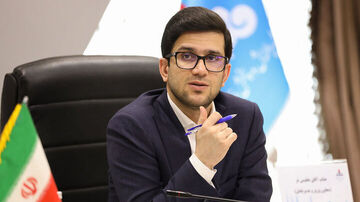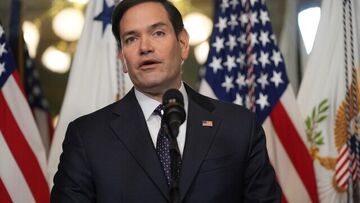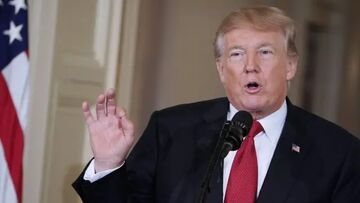TEHRAN(Bazaar) –Shireen Tahmaasb Hunter, a professor of political science at Georgetown University, tells a principle of Oman's foreign policy has always been to maintain balanced relations with major international and regional players.
She says: “Mr. Raisi's visit to Oman is in the tradition of periodic visits between Iran and Oman's leaders. Such visits are useful in keeping a positive atmosphere between the two states.”
Following is the text of the interview:
Bazaar: Iranian President Ebrahim Raisi is scheduled to pay a visit to Oman. What is your assessment of this trip and its importance?
Hunter: Mr. Raisi's visit to Oman is in the tradition of periodic visits between Iran and Oman's leaders. Such visits are useful in keeping a positive atmosphere between the two states. However, I cannot see how this particular visit is different from previous visits by Iranian leaders. For geographical and other reasons, Oman has always wanted to have reasonable relations with Iran. Barring unexpected geopolitical shifts, this Omani attitude is likely to continue in future.
Bazaar: Prior to Raisi's visit, the Sultan of Oman, Haitham bin Tariq, ordered the signing of a cooperation agreement in the field of maritime transport with Iran. Earlier, Oman's Minister of Industry and Trade emphasized Cooperation between Iran and Oman on strengthening Iran-Oman maritime communication and trade through Chabahar port and using the infrastructure of this ocean port. What is the importance of this cooperation for the development of relations between the two countries and the development of the port of Chabahar?
Hunter: Signing agreements is not very important. It is the implementation of agreements that are significant. Over the years and under different presidents Iran and Oman have signed many agreements on maritime transport, energy cooperation etc. But for political and economic reasons most of them have not been implemented. Time would tell if the latest agreement would have a better prospect of success.
Bazaar: With the coming to power of Haitham bin Tariq, some estimated that Haytham would be inclined toward Saudi Arabia, and this was his first visit to Saudi Arabia, and important agreements were concluded between the two countries. On this basis, some argued that Oman would move from a traditional policy of neutrality in regional affairs during the reign of Sultan Qaboos to a policy of closeness to Saudi Arabia. Do you agree with this argument?
Hunter: A principle of Oman's foreign policy has always been to maintain balanced relations with major international and regional players. The latter includes Saudi Arabia. Moreover, partly because of geographical proximity, Oman has always wanted to have good relations with Iran. Moreover, there are some religious differences between Oman and Saudi Arabia, which at times have hindered close relations between the two. The reason for speculation about Oman's move towards Saudi Arabia was because of Muscat's economic problems a few years ago. I believe that, for the foreseeable future, Oman will retain balanced relations with its neighbors and is unlikely to move too close to either of them.
Bazaar: What effect will the improvement of Iran-Saudi Arabia relations have on Iran's relations with the members of GCC?
Hunter: Iran's relations with individual GCC members have their own specific dynamics and are not dependent on the state of Saudi-Iranian ties. Currently, the most important factor affecting Iran's relations with the GCC members as well as with its other neighbors is its current economic weakness and its international isolation. Under these circumstances, even an improvement in Tehran-Riyadh relations is unlikely to change the underlying dynamics of Iran-GCC relations. However, it could contribute to a lessening of regional tensions.















نظر شما